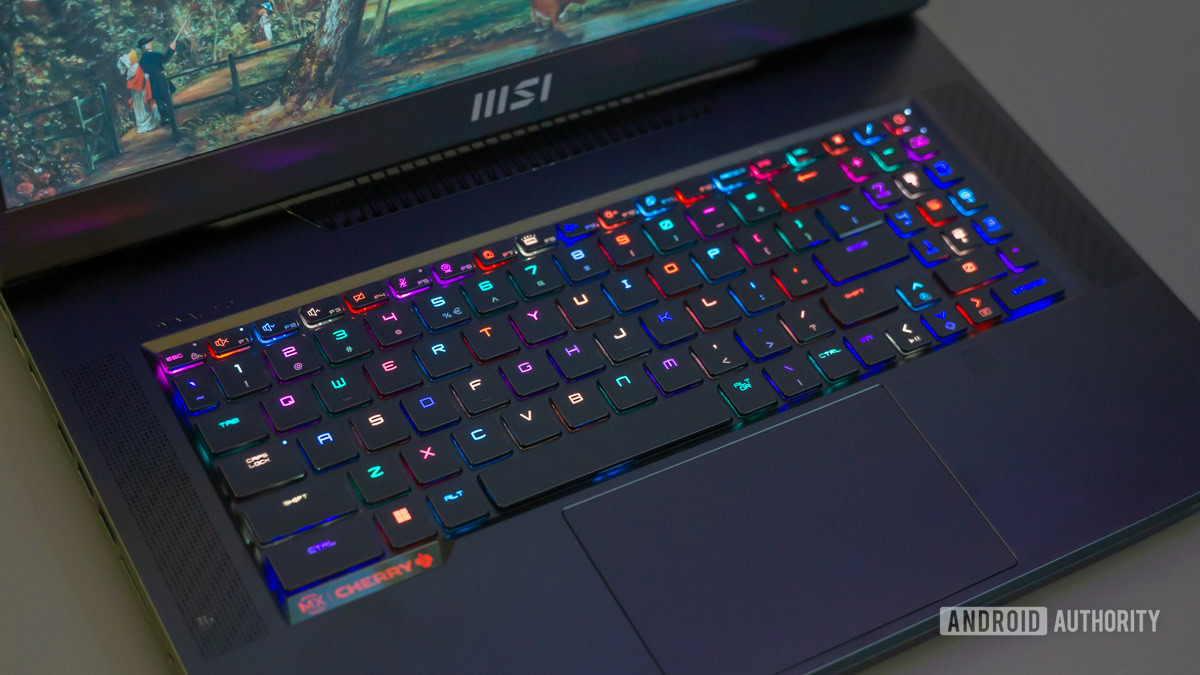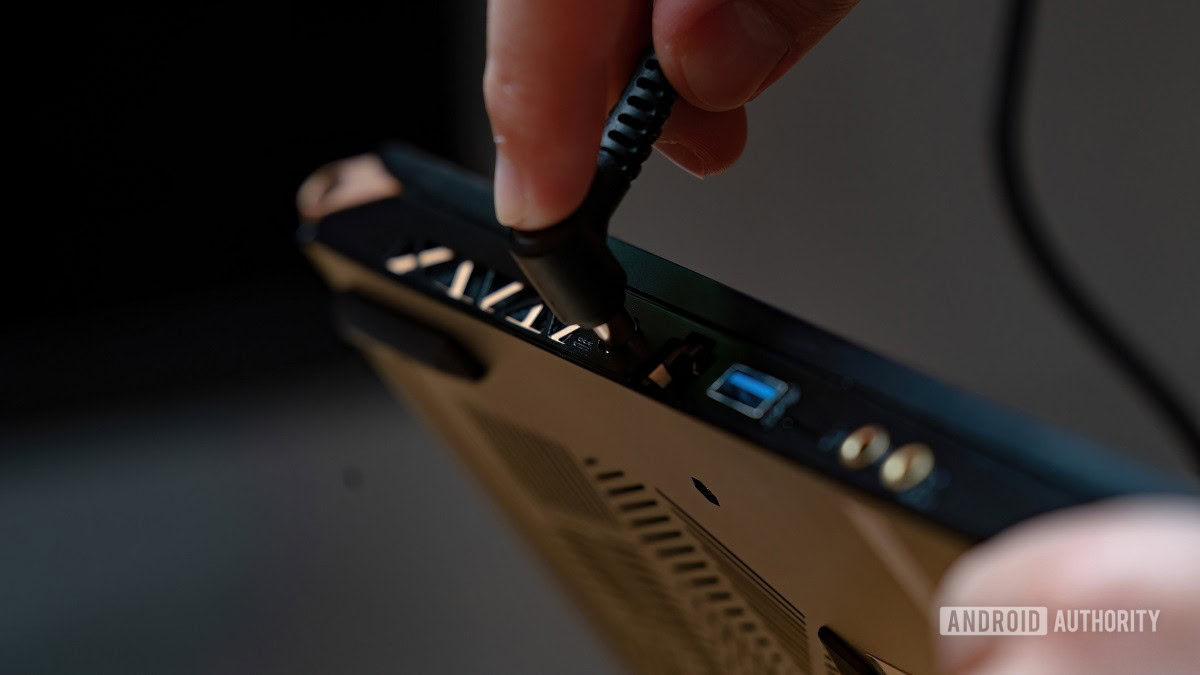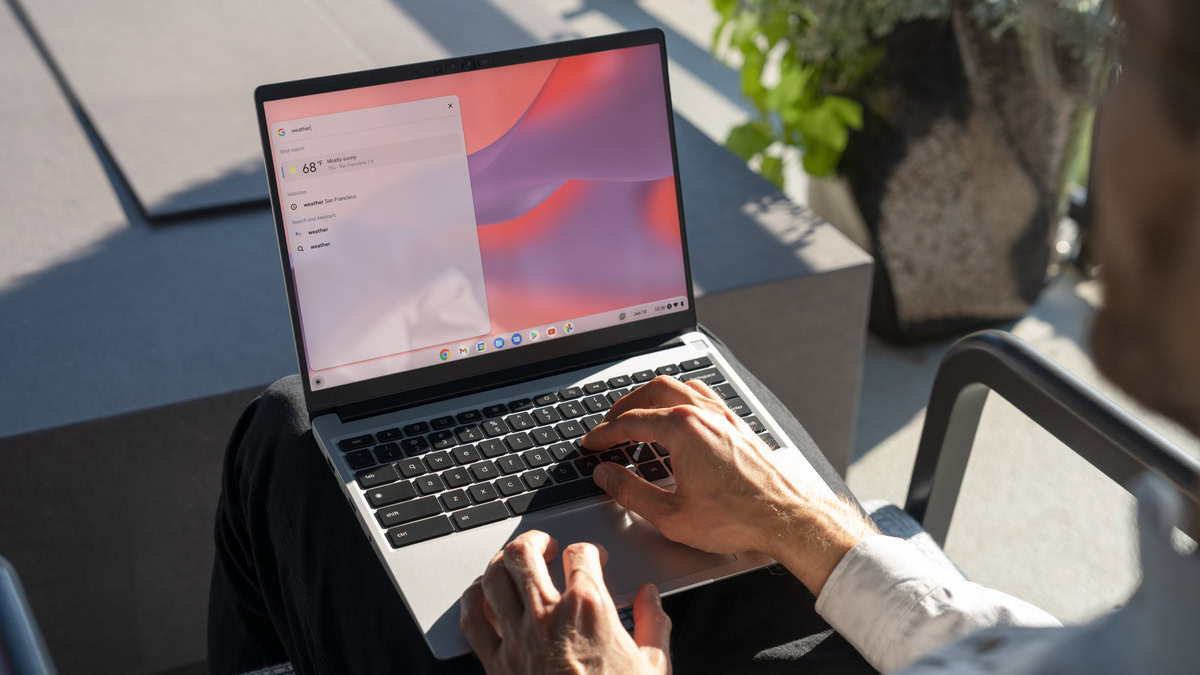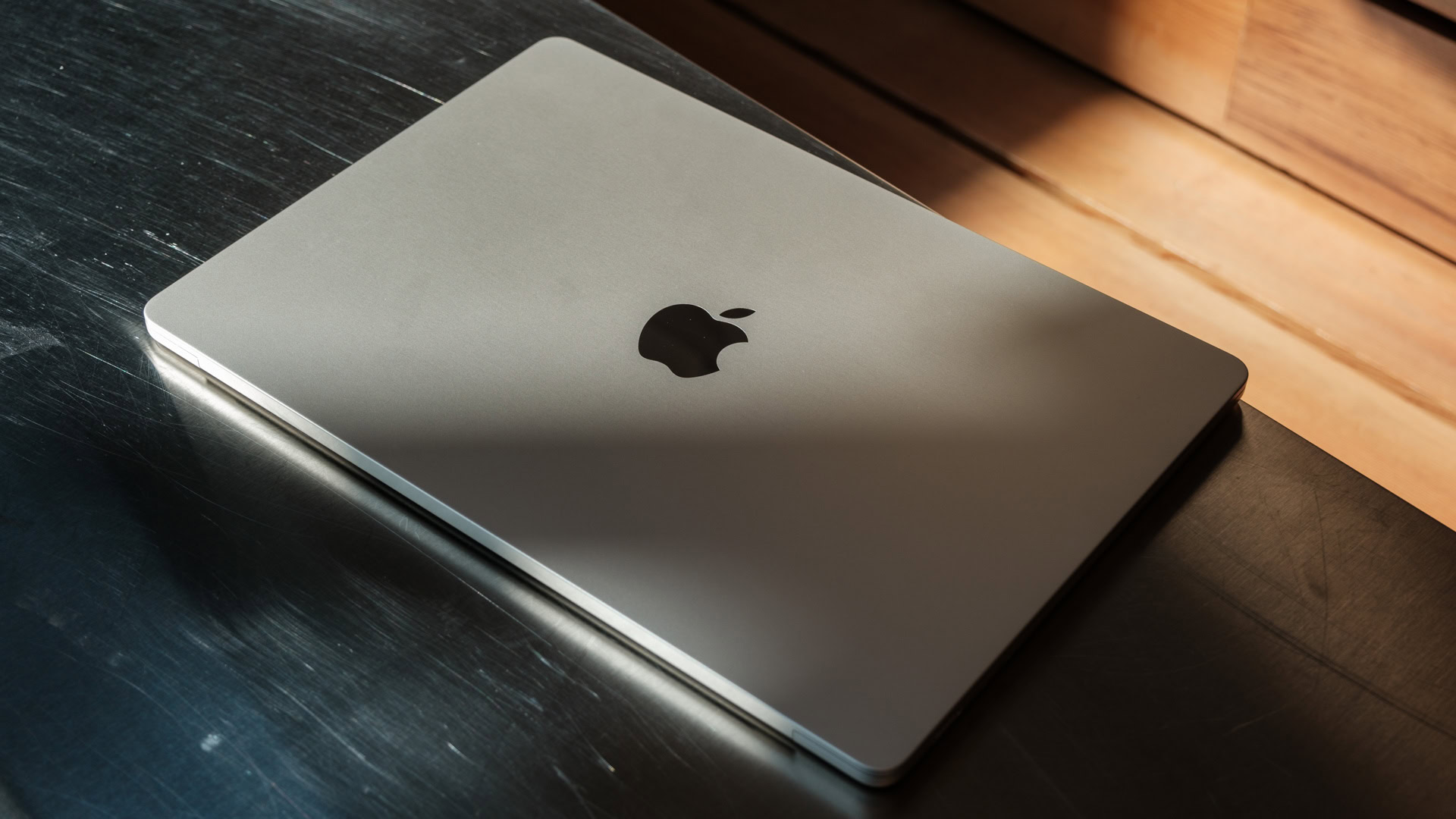Affiliate links on Android Authority may earn us a commission. Learn more.
How long does a laptop last?
Published onSeptember 5, 2023

Laptops are very versatile machines, but they can be quite expensive. Before you take the plunge and purchase the best laptop for yourself, it’s important to understand how long a laptop lasts. In this guide, we’ll be going over how long these portable machines last on average, what signs to look for, how to upgrade a laptop, and more.
How long does an average laptop last?

The average lifespan of a laptop will vary depending on the price range. To a certain point, there is a pretty clear correlation between the cost of a laptop and its lifespan.
Research has shown that laptops that cost under $700 last anywhere from two to four years, laptops that cost between $700-$1,000 will likely last up to five years, while laptops that cost over $1,000 will last up to seven years. Remember that many laptops cost several thousand dollars, and the price stops correlating with lifespan after that.
The average lifespan of a laptop will also greatly depend on how it's used.
The average lifespan of a laptop will also greatly depend on how it’s used. For instance, if you purchase a lower-end laptop and regularly use it to play high-end video games that push it to its limits, it will likely not last as long. On the other hand, if you instead purchase a high-end gaming laptop with top-of-the-line specs and use it primarily for browsing the internet, completing standard work tasks, and playing less graphically intense video games, then your system will likely last longer than expected.
How to know if your laptop is reaching the end of its lifespan
If you are unsure of whether it is time to upgrade to a new laptop, there are many signs that you can look for. Typically, older laptops will begin experiencing various problems later in their life that will make them more challenging to use — though remember that old laptops aren’t completely useless. Here are some signs that your laptop might be at the end of its lifespan:
Compatibility issues
As new software updates are released, older hardware parts become incompatible. If you begin encountering compatibility issues with specific software due to hardware limitations, it may be high time to upgrade your system.
However, it’s worth noting that not all PC parts will be compatible with yours — often, PC manufacturers purposefully make other branded parts incompatible with their own, making upgrading many laptops a pain. Sometimes, the easiest solution is to upgrade to an entirely new system.
Loud fans
While it’s normal for a laptop’s fan to kick into high gear while running intensive software or particularly demanding video games, fans should not be loud when simply completing standard tasks. If you begin noticing loud fans regularly, then it may be time to consider retiring your laptop.
Slower speeds
One common occurrence that users experience with older laptops is a decrease in speed. Suddenly, your laptop may take much longer to open applications, load web pages, or boot up. This will be particularly evident if you try to open the latest versions of programs; over time, your system’s hardware will become outdated and may have issues keeping up with the latest software versions for some of your applications. One great way to avoid this potential issue is by regularly performing a speed test on your PC.
Frequent crashes
We’ve all experienced that dreaded Blue Screen of Death at some point — and while an occasional system crash isn’t something to be worried about, as there can be countless causes, frequent crashes are a bad sign. If your computer regularly crashes, resets, or otherwise has major problems regularly, then it’s a sign that you need to upgrade your system.
In many cases, this issue can be resolved by upgrading your system’s RAM, so it may be a solvable issue. But again, not all parts will be compatible, so upgrading to a new laptop might be the easier (though pricier) option.
Can you upgrade a laptop?

Yes, you can upgrade your laptop — at least in most cases. Pretty much all Windows-based laptops can be upgraded. However, only some of the parts are upgradable. You may be able to upgrade your hard drive, RAM, and wireless network cards. Unfortunately, most laptops nowadays don’t allow CPU or GPU upgrades because they are built into or soldered onto the motherboard. In some cases, the GPU is a part of the CPU itself.
In the case of Apple’s MacBook laptops, even fewer parts are upgradable. While previous models used to allow users to upgrade the RAM storage and hard drives, this is no longer the case; the closest thing to upgrading is connecting an external hard drive, but this can hardly be considered an “upgrade.”
Some laptops are designed with upgradeability in mind. Framework’s products are known for their modular design that allows users to customize almost every facet of the device, from the keyboard and mousepad to the GPU and beyond.
How to make your laptop last longer

While your laptop won’t last forever, a few things can be done to ensure it lasts longer. Here are some helpful tips for extending the lifespan of your laptop:
Ensure everything’s up to date: Instead of hitting that “remind me again in 24 hours button” for the millionth time, update your system. We know they can get annoying, but system updates are meant to help your PC and keep it working well. If you’re frustrated by the little Windows reminders that pop up, you can set them to occur automatically — that way, you don’t have to think about it.
Keep your system cool: Your PC and heat do not work well together. Avoid using it in hot rooms or direct sunlight; never block the laptop vents. If your laptop still feels hot when using high-intensity applications, we recommend purchasing a laptop cooling pad, which can aid your system in cooling down. They’re dirt cheap and can be very effective.
Address issues when they arise: Is your system experiencing a major problem, such as frequent crashes or slower loading speeds? Instead of ignoring it and hoping it goes away, address the issues head-on. This means either looking up the problems in search of an answer or taking it to your local PC repair shop.
Turn it off when you’re done: Just like you, computers need to go to sleep now and then. Leaving a computer on and never shutting it down is bad and can cause many issues. This is a common mistake many laptop owners make. Thankfully, it’s incredibly easy to correct.
Stay away from viruses: Nothing kills a laptop faster than downloading unsafe files. It’s important to stay away from unsafe websites and downloading unverified files. While knowing whether specific files are safe to open can be challenging, having antivirus software will help you avoid downloading or opening files containing viruses.
FAQs
A laptop battery can last anywhere between 2 to 4 years, or roughly 1,000 charges, according to HP. Some factors will determine how long a battery will last. However, these factors include the type of battery your laptop has, the charger used, whether or not the laptop is used while being charged, and whether your laptop utilizes fast charge technology.
Lithium is known to be the best quality material for batteries, so batteries made of other materials will not last quite as long. Additionally, using your laptop more frequently decreases your battery’s life.
On average, a gaming laptop will last around five years. Because most gaming laptop parts, including the CPU and GPU, cannot be upgraded, the system will become outdated over time. Additionally, many of its parts will wear down, and the system will likely slow down because of the outdated hardware.
